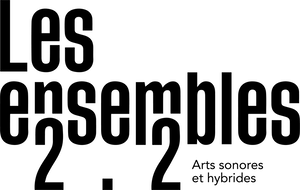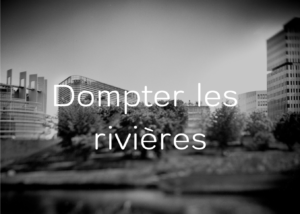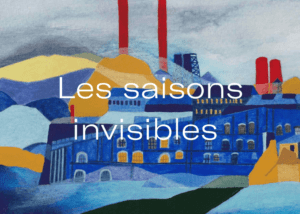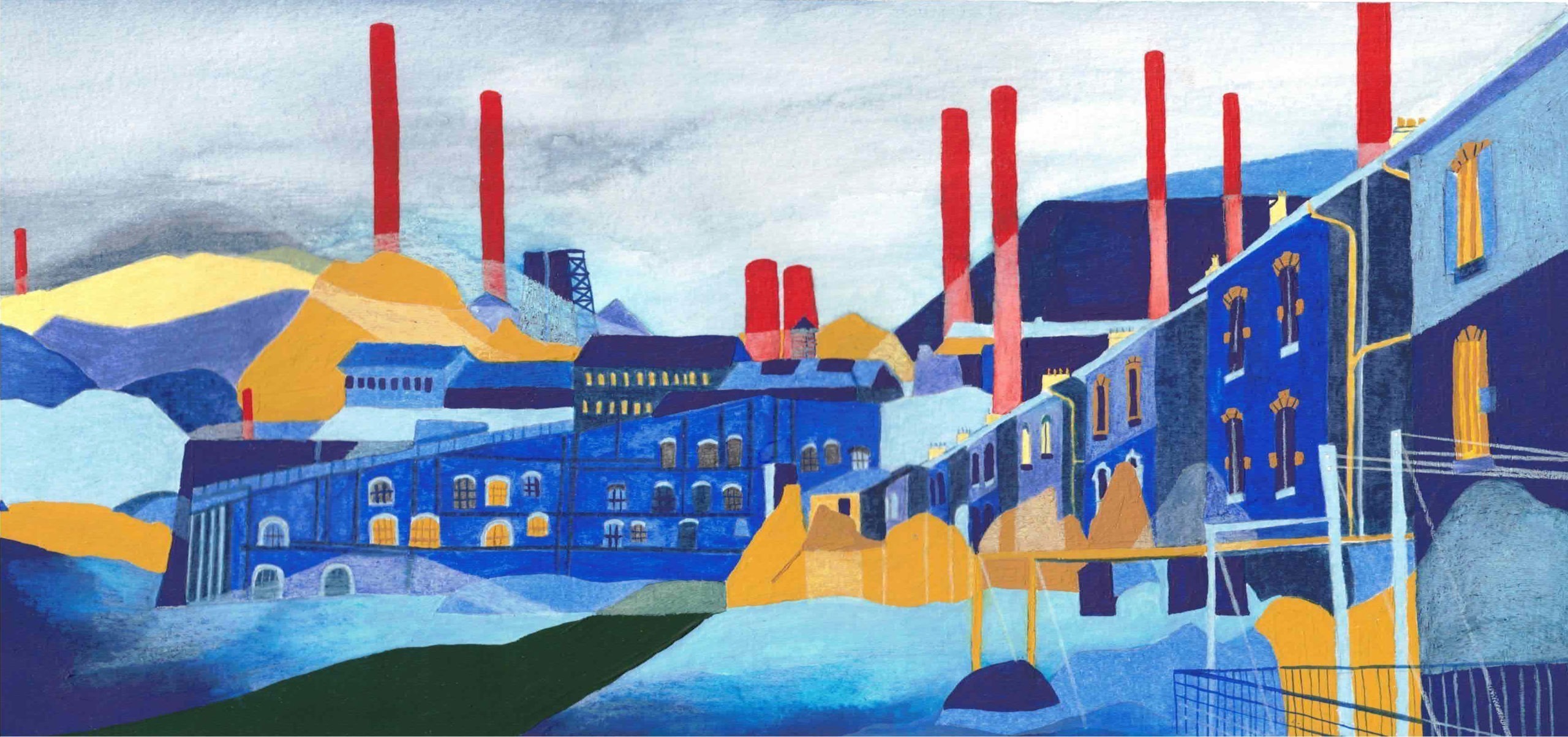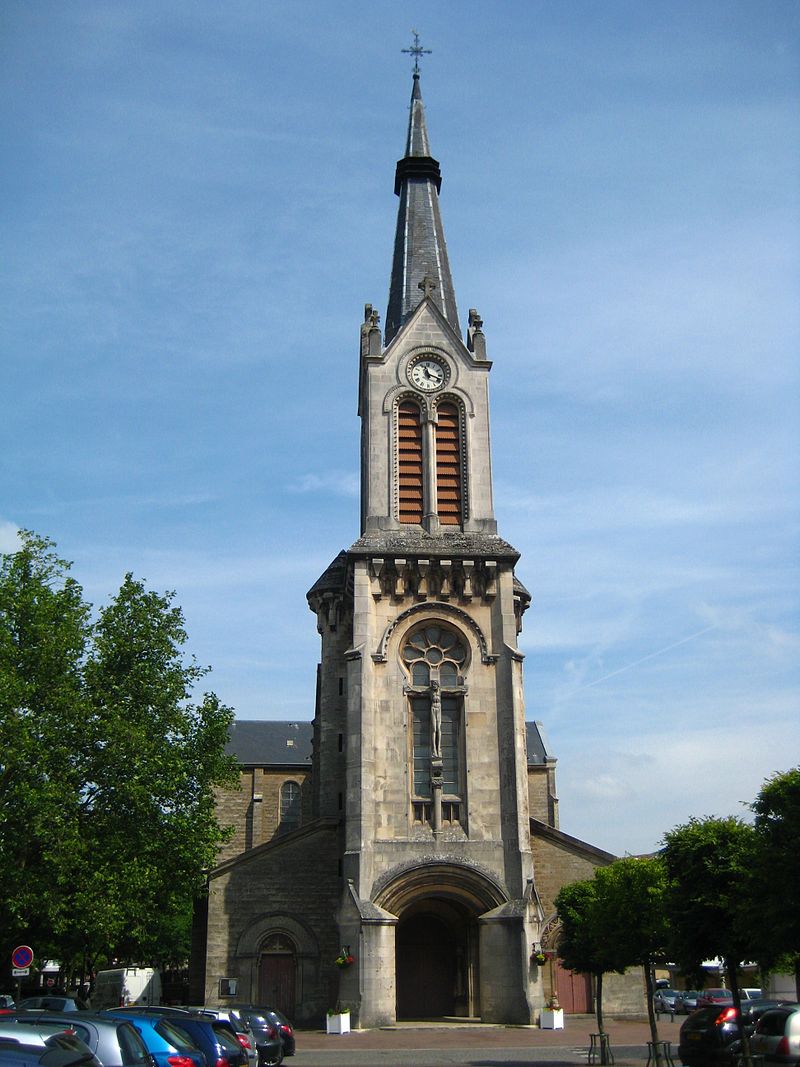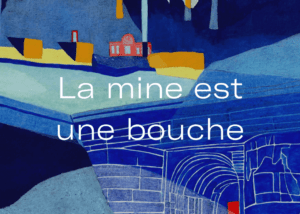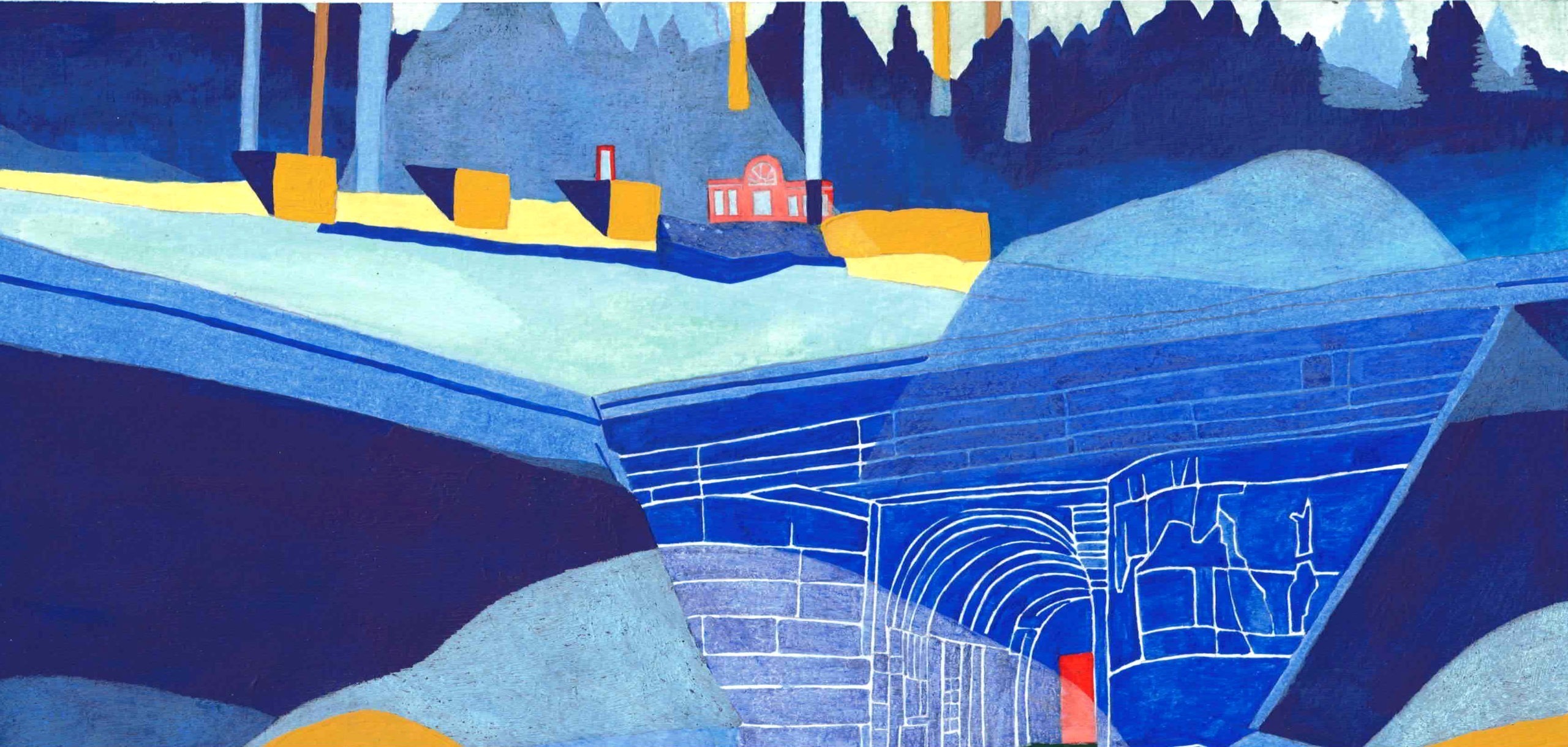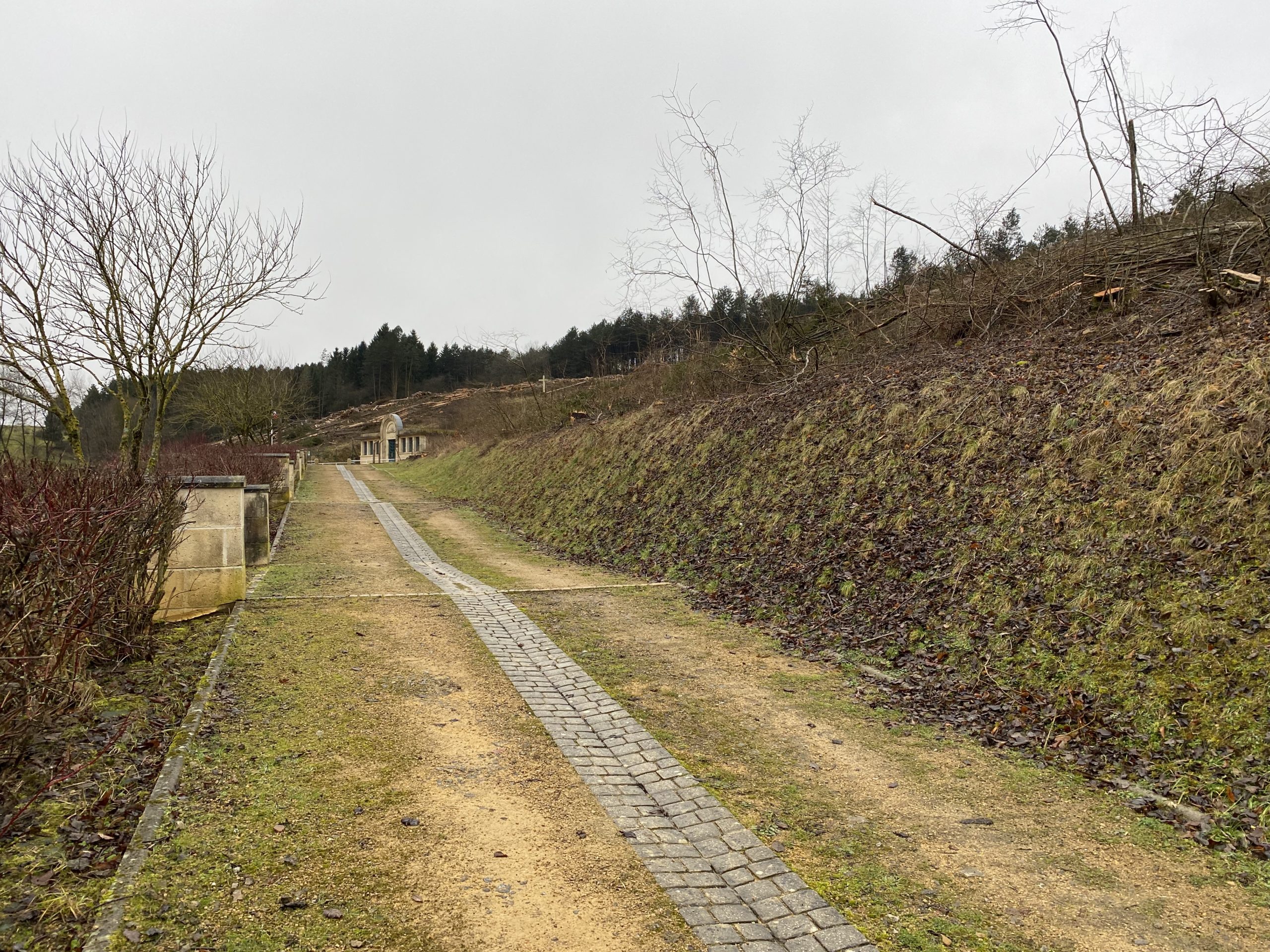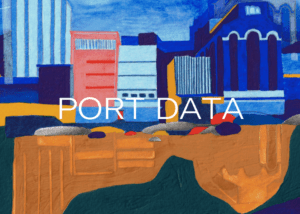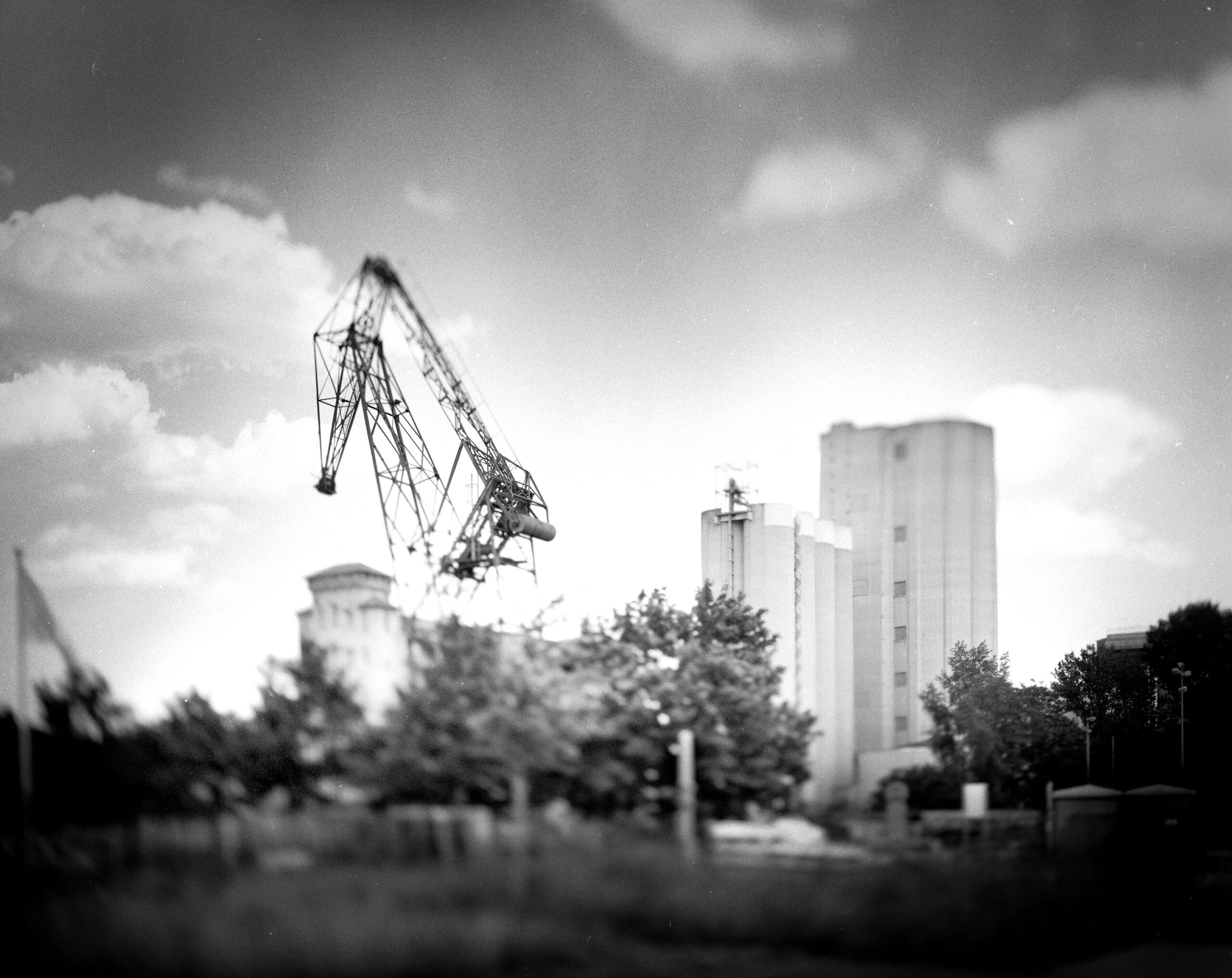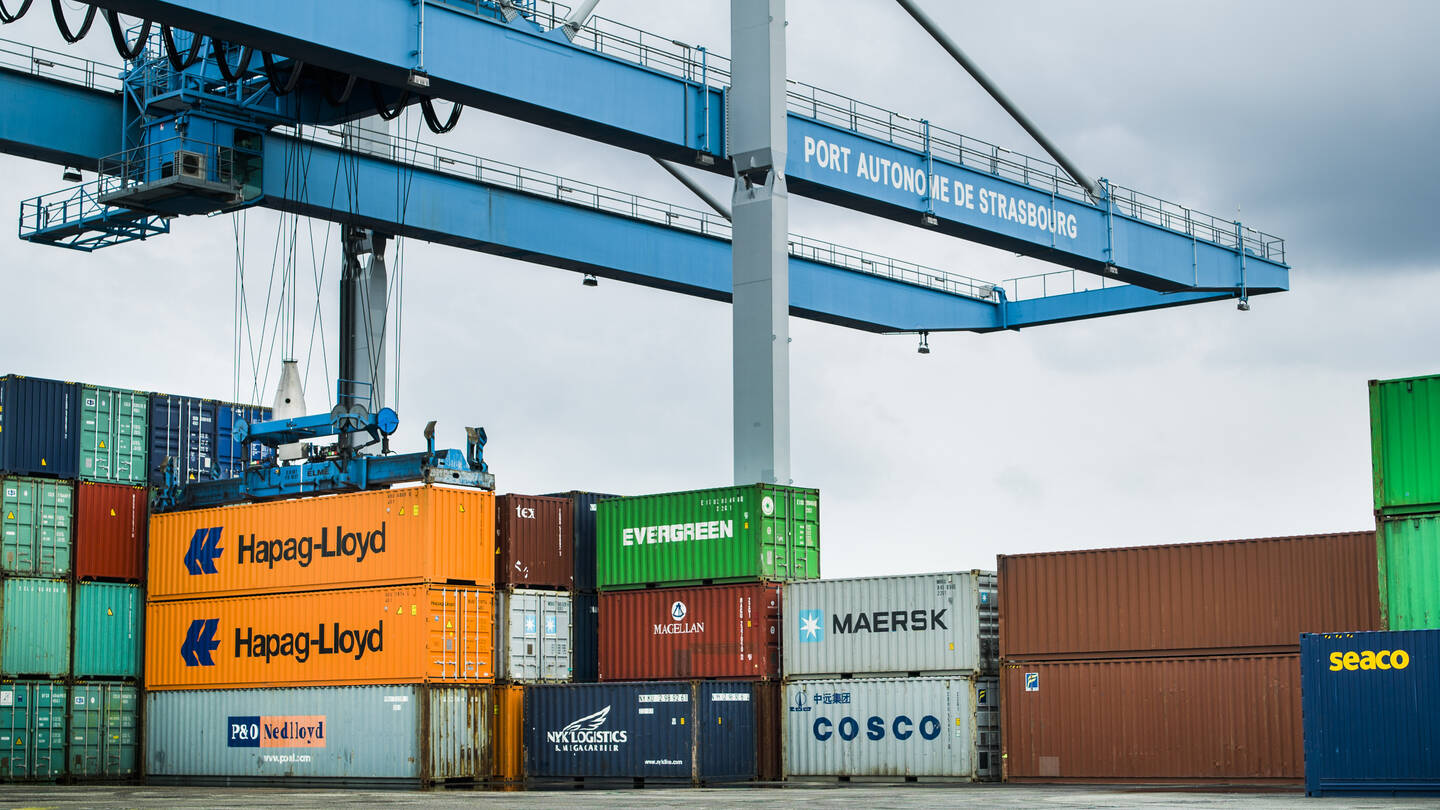Dompter les rivières (Tame the rivers)
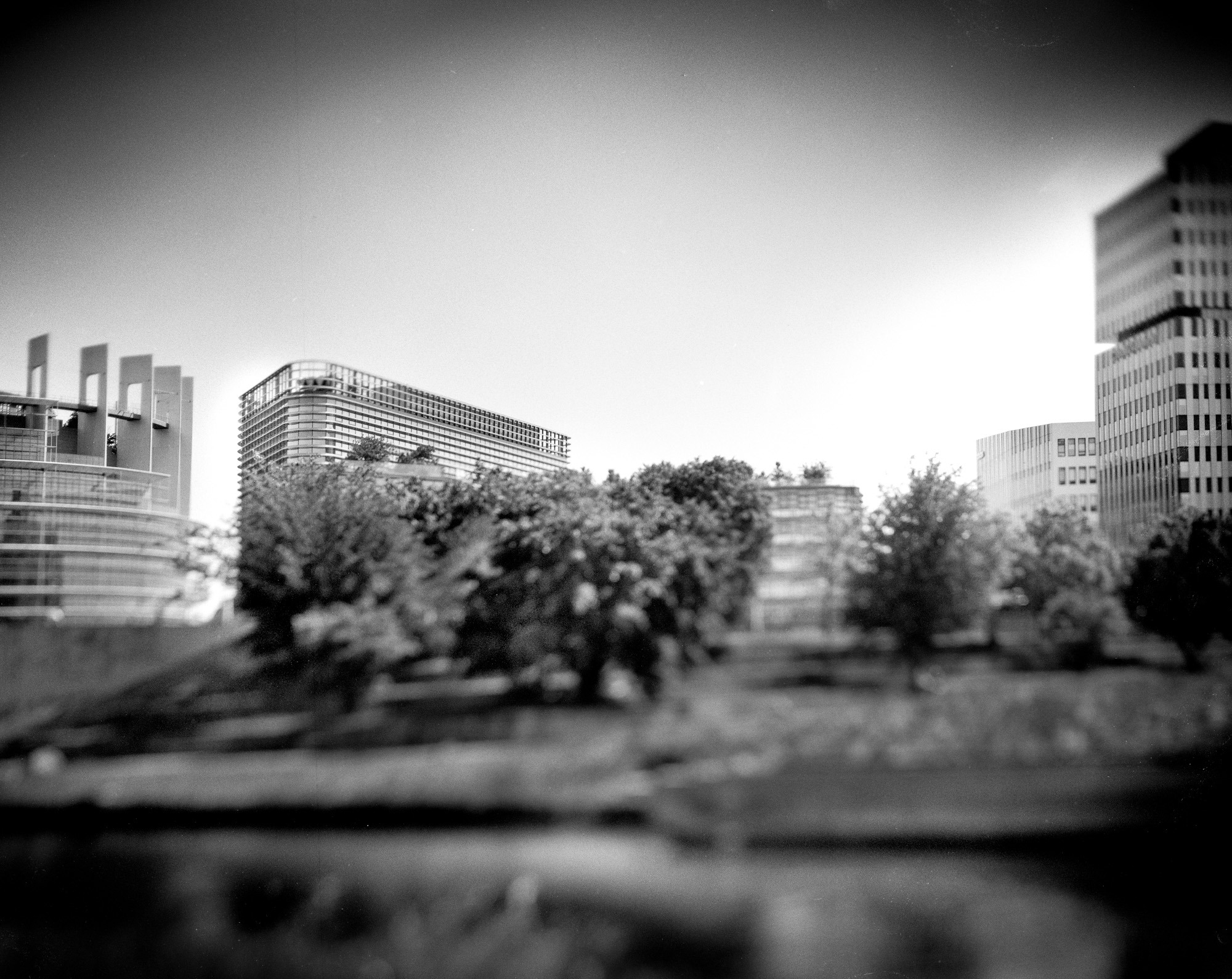
Photo: ©Naohiro Ninomiya
DOCUMENTARY . PATCHWORK . MUTATION
A geolocated soundwalk available in french and in German – Die Flüsse zähmen !
“WELCOME TO WACKEN!Bounded by the Ill to the north-east, Avenue Herrenschmidt to the west, the Place de Bordeaux to the south and crossed by the Aar and the Marne-Rhine canal.
Wacken means “small stones”
We are where the Rhine used to run.
here, for a long time, it was nothing, the end of the town, wet land where no one lives”
Dompter les rivières (Tame the rivers) is a multi-faceted, polyphonic, geo-localised soundwalk that takes you on a stroll through the many facets of Wacken, a patchwork district undergoing constant change.
A guiding character, inspired by the Tunisian fortune-teller who was present at the 1924 colonial exhibition, takes us through centuries and spaces. She allows us to navigate between her present, our present, and a more distant future (2123). Her voice intersects with others that are more neutral, factual, passionate, poetic or political. Dompter les rivières is also the story of a place that stages itself according to the ideologies that inhabit it. A wild place, veined with water, which little by little, from one narrative to the next, gives way to a utilitarian environment, completely under control.
But beneath the backdrop of this perpetual comedy, the water is always flowing peacefully, looking for the right gaps to gush out.
A soundwalk available on the dedicated application – GOH
